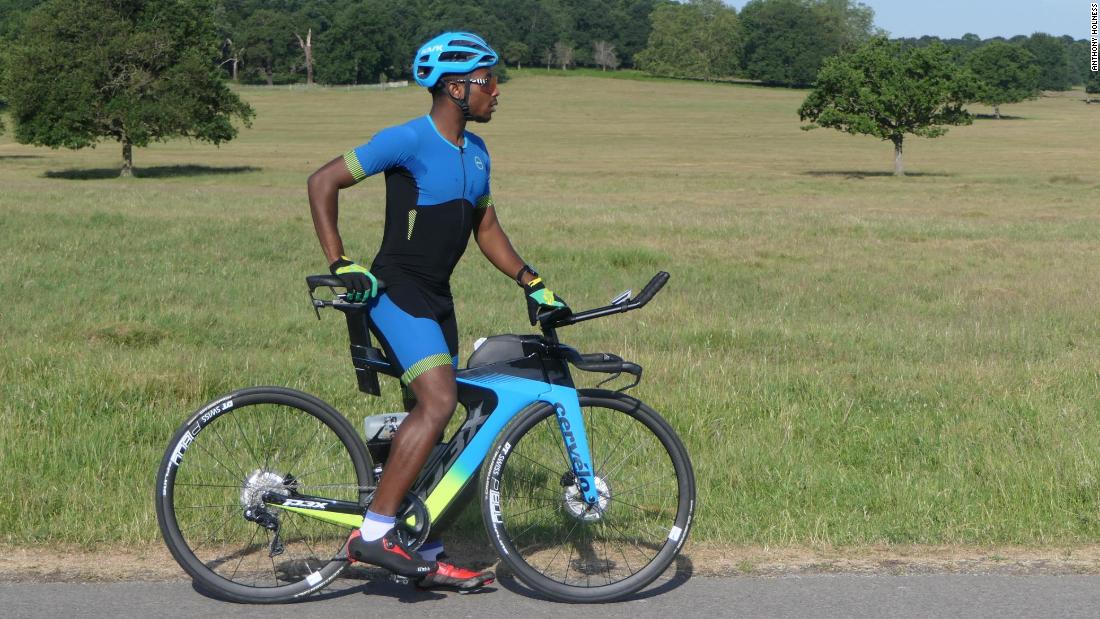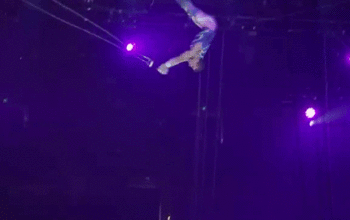Sam considers his autism as his superpower, propelling his endurance and perseverance
The following written content from Rosie-Lyse Thompson & Ross Brackley

Sam Holness is an endurance athlete. He’s completed triathlons, an event consisting of swimming, cycling and running. He’s run numerous full 26-mile marathons and half marathons and he’s showing no signs of slowing down. The Ironman champion holds a degree in sports science and also lives with autism. His mission in life is to prove that autism is a superpower and not a disability that prevents him from achieving his dreams.
The 28-year-old lives in London with his parents. His father, Tony, also happens to be his coach. “Being a coach means that I take him out every day to do his training and nutrition and I’m also his taxi driver as well as his bike mechanic. I really do everything to make his life as an athlete simple and that’s my primary job.” Tony tells Scenes.
Learning about autism
“Sam’s an only child, and we discovered that he was autistic when he was around four years old. The real advantage with Sam was that he was swimming before we discovered he was autistic. But the reason we found it was autistic is that the speech was delayed,” explains Tony.
Autism is defined by a certain set of behaviours and is a ‘spectrum condition’ that affects people differently and to varying degrees. Autism is a complex disability that appears during early childhood and can impact social skills, communication and self-regulation. While there is no single cause of autism, early diagnosis helps identify a person’s support and services.
According to the National Autistic Society, there are 700,000 autistic people in the UK. They come from all backgrounds, identities and cultures. The society says there is a lack of research about the experience of people from Black, Asian, and minority ethnic (BAME) groups. So it can be even harder for autistic people in the BAME community to get the support they need.
A report from Autism Spectrum Disorders in the EU (ASDEU) studied over 600,000 children across 12 countries in Europe. The report led to an indication that autism spectrum disorder affects around one in 100 people in the EU.
“I think the strength that people with autism have in terms of their focus, their ability to sustain long tasks for long periods without being distracted, are just wonderful traits and I think if we can take those traits and convert them into meaningful tasks, then wonderful opportunities exist for these individuals,” says Tony. Read more from EN





